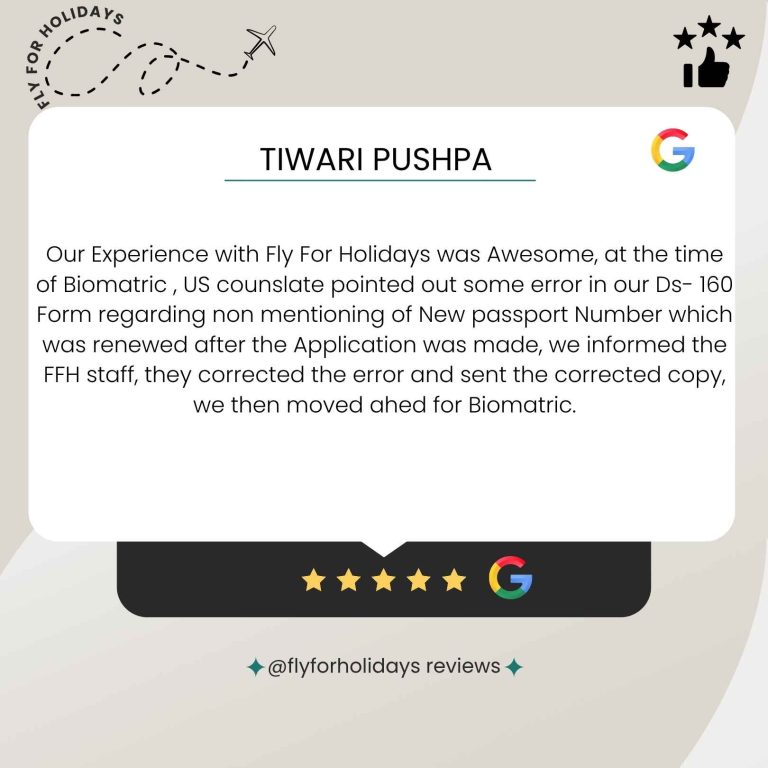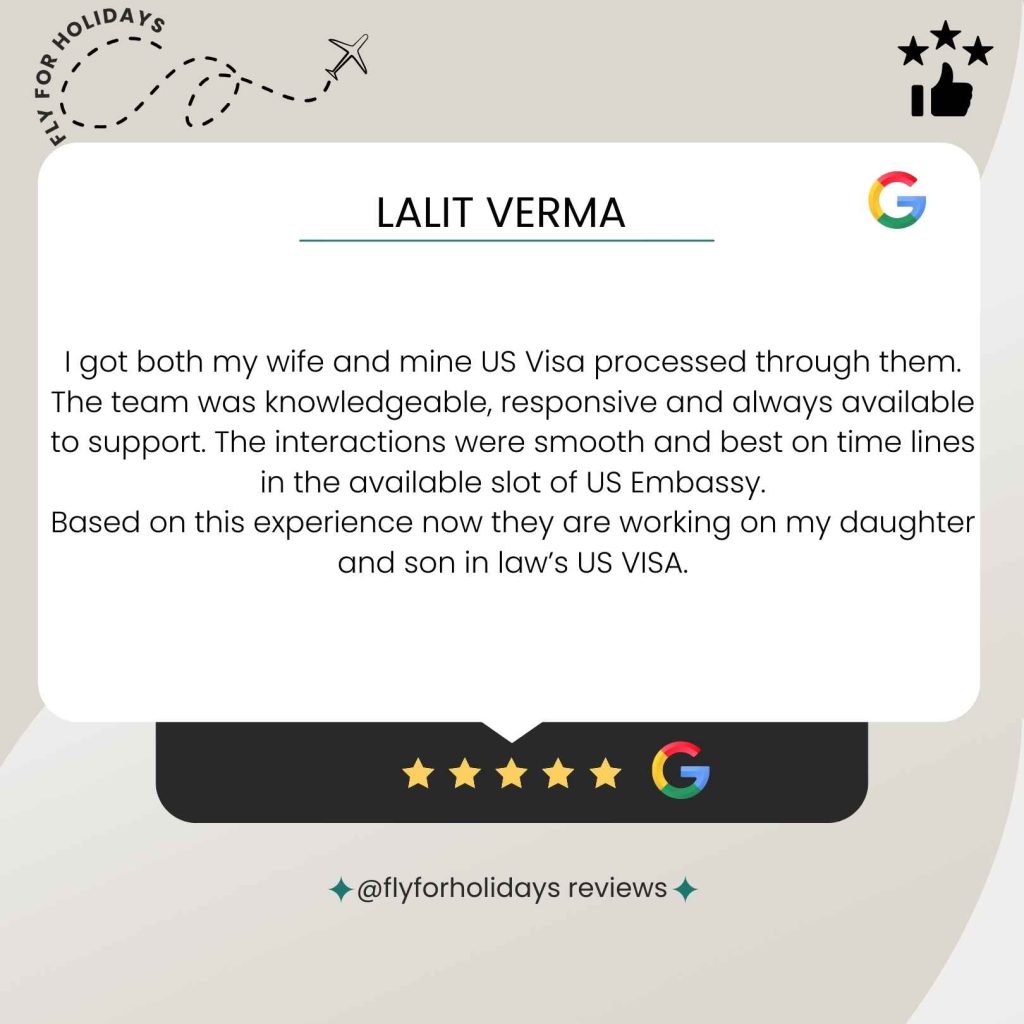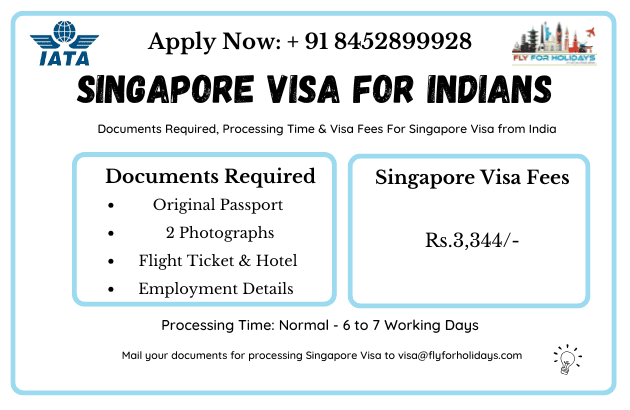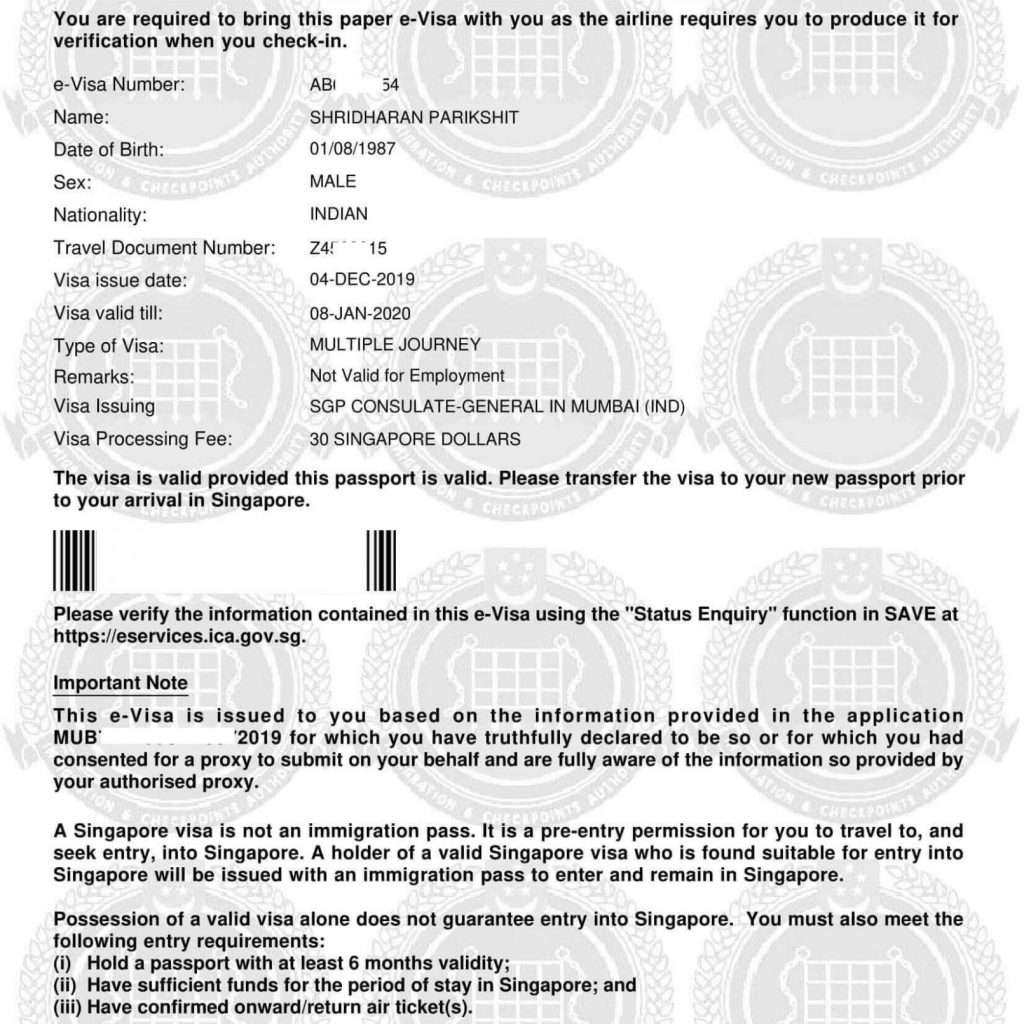How long does a Singapore tourist visa take?
The standard processing time for a Singapore tourist visa is 3–5 working days. It may take longer during peak seasons, so apply early to avoid delays.
Is there an express processing option available?
Yes, there is an express processing service available that can get your visa in 1–2 working days. This comes with an additional fee for urgent applications.
Do processing times vary by nationality?
Processing times are usually the same, but some nationalities may undergo extra checks, which can add a few days to the timeline. Apply early if you're from a nationality that typically requires additional scrutiny.
What happens if my visa is delayed in processing?
If your visa is delayed, you can track its status online using the reference number. If there are issues, contact your visa provider to resolve them and find out the next steps.
Can I check my visa status online?
Yes, you can check your visa status online using the reference number provided during the application. The portal will show whether your visa is approved, pending, or rejected.
Does applying on weekends affect processing time?
Yes, applications submitted over the weekend will be processed on the next business day (Monday). To avoid delays, it’s best to apply on weekdays, especially if you have a tight deadline.
Can holidays in Singapore extend processing times?
Yes, during public holidays such as Chinese New Year or Hari Raya, visa processing times may extend. Apply well in advance during these times to avoid longer wait times.
How long do work or student visas take compared to tourist visas?
Work and student visas typically take 2–3 weeks due to additional documentation and approval processes, which is longer than the standard processing time for tourist visas.
Are weekends or holidays included in the processing duration?
No, weekends and public holidays are not included in the processing time. Only business days (Monday to Friday) are counted towards the total processing duration.
Can technical issues delay visa processing?
Yes, technical issues like server errors, upload failures, or payment issues can delay processing. If you encounter any issues, resolve them quickly by contacting the visa provider or support.
How much time does it take for Singapore visa approval?
Singapore visa approval usually takes 3–5 working days. The time may vary based on the volume of applications and the visa type. Express options are available for faster processing.
Can I get a Singapore visa in 2 days?
Yes, express processing is available and can get you a Singapore visa in 1–2 days for an additional fee. Make sure all your documents are in order to ensure quick approval.
Can I get a visa in 2 days?
Many countries, including Singapore, offer express visa services that allow you to get a visa in 1–2 days. This service is ideal for urgent travel plans, but availability depends on the visa provider.
How much is a 7-day visa for Singapore?
A 7-day tourist visa for Singapore typically costs around SGD 30–40 (approximately INR 1,600–2,100). Prices may vary slightly based on the service provider and processing speed.
How long does Singapore visa processing take?
Singapore visa processing usually takes 3–5 working days. The time may vary slightly depending on the application volume and the type of visa.
Can I get a Singapore visa in 5 days?
Yes, a Singapore visa can be processed in 5 days under standard processing. However, if you need it urgently, you can opt for express processing which typically takes 1–2 working days.
Is a Singapore visa easy for Indians?
Yes, getting a Singapore visa is generally straightforward for Indians, as long as you meet all the requirements. The application process is simple, and processing usually takes 3–5 working days. A visa for tourism or business is relatively easy to obtain if you provide the right documents and have sufficient funds.
What are the disadvantages of S Pass in Singapore?
Some disadvantages of the S Pass in Singapore include:
- Lower salary thresholds compared to the Employment Pass, which can limit high-paying job opportunities.
- Quota restrictions: There are limits on how many S Pass holders a company can hire, depending on the industry.
- Work restrictions: S Pass holders cannot change jobs easily without going through a lengthy process to transfer their pass.











